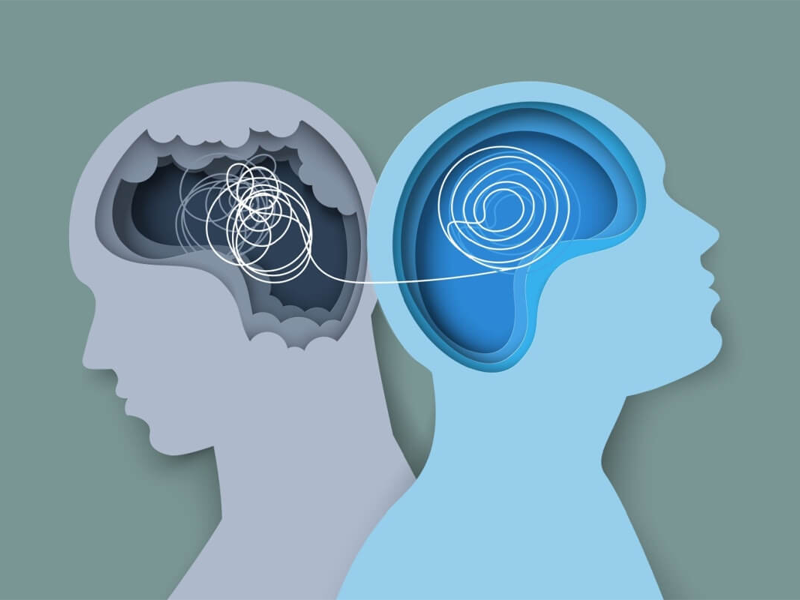Introduction
Loving someone who struggles with addiction is an emotional rollercoaster. The highs of hope and love often clash with the lows of disappointment, frustration, and fear. Addiction doesn’t just affect the individual—it profoundly impacts their loved ones, leaving them grappling with emotional distress, guilt, and even their own mental health struggles.
In The Silent Struggle: Mental Health Impacts of Loving an Addict, we explore how families and partners of addicts can navigate the complex emotional landscape that comes with caring for someone caught in the throes of addiction. This blog sheds light on the emotional burden of loving an addict and offers guidance on setting boundaries, seeking support, and prioritizing mental well-being.
Understanding the Emotional Toll
The pain of watching a loved one battle addiction can be overwhelming. Family members often experience a whirlwind of emotions, including:
- Guilt – Feeling responsible for their loved one’s struggles or wondering if they could have done more.
- Anger and frustration – Resenting the addict’s choices and the chaos addiction brings into their lives.
- Fear – Worrying about overdoses, arrests, or the long-term effects of substance abuse.
- Hopelessness – Feeling stuck in a cycle where nothing they do seems to help.
These emotions can take a toll on mental health, leading to anxiety, depression, and emotional exhaustion. Acknowledging and validating these feelings is the first step toward healing.
Breaking the Cycle of Codependency
One of the biggest challenges in loving an addict is avoiding codependency. Codependency occurs when a person’s sense of self-worth and emotional well-being become tied to another’s actions and choices.
Signs of codependency include:
- Constantly putting the addict’s needs before your own
- Making excuses for their behavior
- Feeling responsible for their recovery
- Struggling to set boundaries or say no
Breaking free from codependency requires recognizing that you cannot control or “fix” another person. Instead, focus on setting healthy boundaries, prioritizing self-care, and seeking support.
Setting Boundaries for Your Well-Being
Boundaries are essential for protecting your mental health while still offering love and support. Some examples include:
- Emotional Boundaries – Refusing to engage in toxic conversations or manipulative behavior.
- Physical Boundaries – Not allowing drug use or substance-related behavior in your home.
- Financial Boundaries – Avoiding giving money that could be used to support addiction.
- Time Boundaries – Prioritizing self-care and limiting time spent dealing with crisis situations.
Communicating these boundaries with firmness and compassion is key. It’s not about punishing the addict but about maintaining your own well-being.
Seeking Support: You Are Not Alone
Loving an addict can be isolating, but you don’t have to go through it alone. Support groups like Al-Anon, Nar-Anon, and therapy for family members of addicts can provide invaluable guidance and connection with others who understand your struggles.
Additionally, therapy and self-care practices—such as mindfulness, journaling, and regular exercise—can help rebuild emotional resilience. Taking care of yourself is not selfish; it’s necessary.
Conclusion
Loving an addict is one of the most challenging emotional journeys a person can face. However, by understanding the impact of addiction, breaking free from codependency, setting boundaries, and seeking support, you can regain control over your own life. You deserve peace, healing, and a future not defined by someone else’s addiction.




